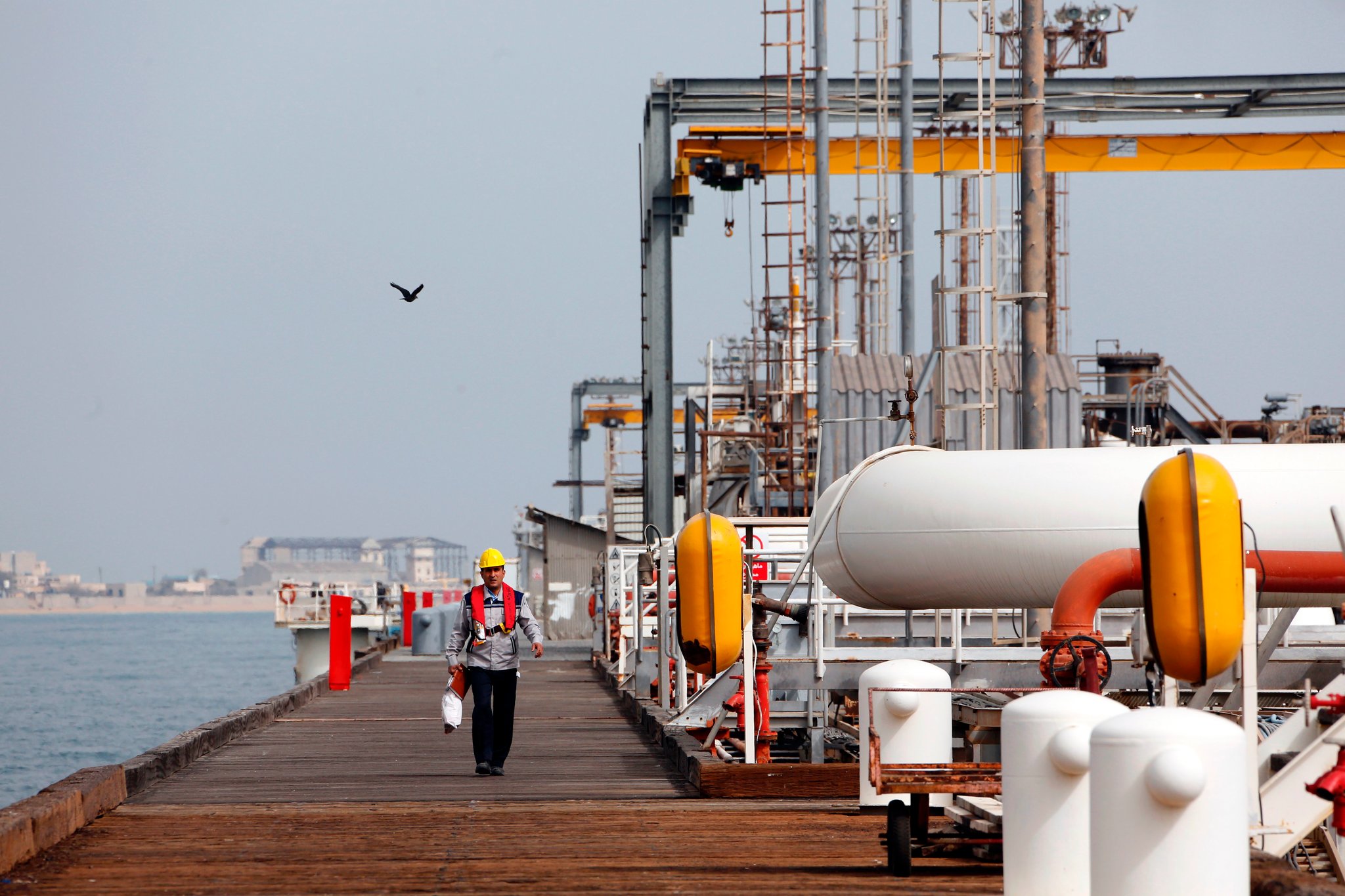Iraq Targets Energy Independence: $4 Billion Gas Imports from Iran to End by 2028
Iraq Targets Energy Independence: $4 Billion Gas Imports from Iran to End by 2028
By
Leah Rosenfeld
Last updated:
October 15, 2025
First Published:
November 30, 2025

Photo: The New York Times
Iraq has set an ambitious target to completely halt its $4 billion annual gas imports from Iran by 2028, marking a pivotal step in its journey toward energy self-sufficiency. As the country works to diversify beyond oil, Baghdad is intensifying efforts to harness its own natural gas resources, which have long been wasted through flaring.
The Iraqi government recently finalized multiple agreements with international investors aimed at capturing and processing gas that is currently burned off during oil extraction. The value of these projects ranges between $4 billion and $5 billion per year, signaling one of Iraq’s largest energy infrastructure initiatives in decades.
Flaring — the burning of excess gas released during oil production — has been a major environmental and economic challenge for Iraq. The country ranks among the top five gas-flaring nations globally, according to the World Bank, wasting an estimated 17 billion cubic meters of gas annually. This loss not only contributes to severe air pollution but also deepens Iraq’s dependence on imported Iranian gas to power its electricity grid.
By recovering and processing this gas instead, Iraq aims to significantly reduce electricity blackouts that have plagued the country for years. Power shortages have been a persistent issue, especially during the summer months when demand surges. Officials believe domestic gas utilization could generate enough power to cover at least half of Iraq’s current shortfall within three years.
Energy experts suggest that if Iraq can fully implement its gas capture projects, it could save billions annually while boosting its GDP by up to 2%. Additionally, the move aligns with broader international efforts to cut carbon emissions and transition toward cleaner energy sources.
Iraq’s Oil Minister, Hayan Abdul-Ghani, confirmed that partnerships with global energy companies — including TotalEnergies, Baker Hughes, and Crescent Petroleum — are already underway to build gas processing facilities and develop new capture technologies. TotalEnergies’ $27 billion energy deal with Iraq, for instance, includes a major component dedicated to gas recovery.
Ending gas imports from Iran would also have significant geopolitical implications. The U.S. has long pressured Iraq to reduce its energy dependence on Iran, often granting temporary sanctions waivers to keep imports flowing. By achieving gas independence, Iraq could strengthen its economic sovereignty and reduce exposure to regional political tensions.
While the timeline is ambitious, the government remains optimistic. Officials have stated that the first wave of gas projects is expected to come online by 2026, paving the way for complete energy independence by 2028.
If Iraq succeeds, it could transform from a nation struggling with chronic power deficits to one capable of exporting surplus energy to neighboring countries — a dramatic shift that could redefine its economic future.
Popular articles
Subscribe to unlock premium content
London’s Gourmet Playgrounds

From Bean to Buzz in Thailand

The Secret Life of Pop-Up Luxury Restaurants in Paris

London’s Gourmet Playgrounds

From Bean to Buzz in Thailand

London’s Gourmet Playgrounds









